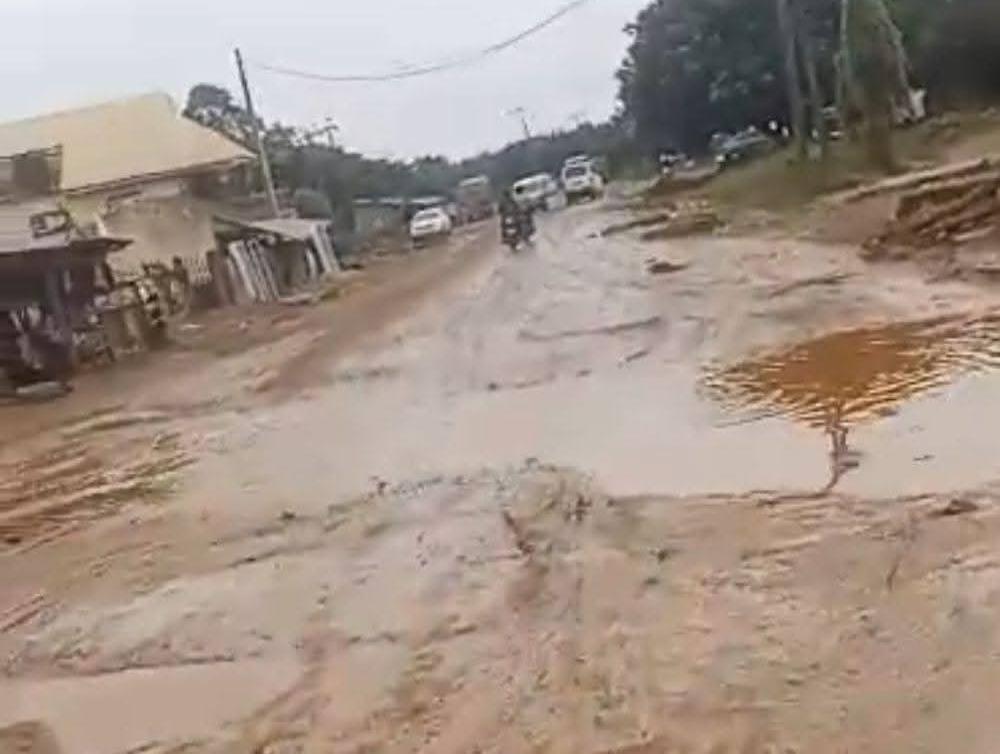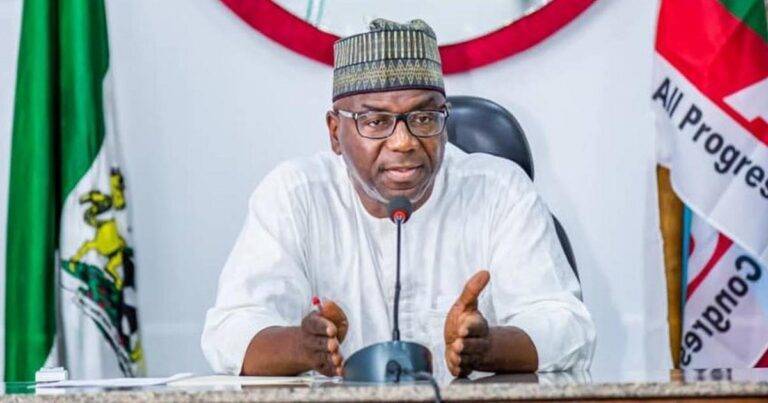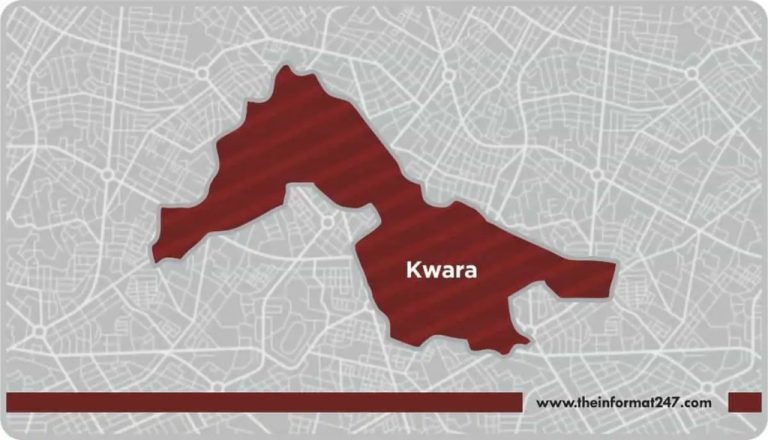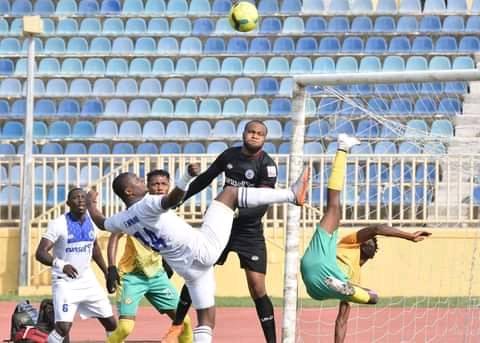Opinion: Erin-Ile’s bad roads and the silence of our leaders
By Olatunde Yusuf
Nigeria is one of those nations where the quality of roads often mirrors the seriousness of governance, the deplorable state of the Erin-Ile federal road stands as an indictment not just on institutions, but on the silence of those entrusted with the political capital to effect change.
Erin-Ile, a historically significant town in Oyun Local Government of Kwara State, is no stranger to neglect. Yet, never has this neglect been so stark, so dangerous, and so politically inexcusable. As a border town linking Osun State with Kwara and serving as a strategic route to Lagos, Oyo and Ekiti States, Erin-Ile is not only geographically crucial but economically essential to regional commerce. Yet the federal road that passes through it, riddled with craters, eroded shoulders, and hazardous gullies, is arguably the worst in Kwara State.
How did we get here? More importantly, how has this community become so invisible in the eyes of its own representatives?
Erin-Ile is part of the Ifelodun/Offa/Oyun Federal Constituency currently represented by Honourable Ismail Tijani, himself an indigene of the town. In the Red Chamber, the community falls under the Kwara South Senatorial District, represented by Senator Lola Ashiru, who hails from Offa, a town mere minutes from Erin-Ile. At the state level, Kwara is governed by Mallam AbdulRahman AbdulRazaq, the sitting Chairman of the Nigeria Governors’ Forum, the country’s highest intergovernmental council. With such representation, one would expect Erin-Ile to be a beneficiary of significant federal attention.
But the truth is painfully obvious, no federal project of note exists in Erin-Ile. No signpost of national presence. No memory of intervention. This is not merely an infrastructural failure; it is the crystallization of political abandonment.
And yet, residents are asked every election cycle to deliver votes — to rally, to mobilize, to believe. What exactly are they being asked to believe in?
A federal road in such an appalling condition does not just hinder movement; it stifles livelihoods. Farmers transporting perishable goods suffer avoidable losses. Students risk injury commuting to nearby institutions. Traders are forced to find longer, more expensive routes to bypass the death traps the road has become. Security, already fragile in many rural parts of Nigeria, is further compromised when bad roads delay emergency response or isolate entire communities.
The absence of urgency from elected officials, those whose constituencies are quite literally anchored in this town, is staggering. Why has Honourable Ismail Tijani not sponsored an emergency motion on the floor of the House to call FERMA’s attention? Why is there no record of constituency intervention, collaboration with the Ministry of Works, or even public acknowledgment of this decay? What stops Senator Ashiru from drawing national attention to a border community that affects not only Kwara South but inter-state movement across the Southwest and North Central?
To be clear, the decay of Nigeria’s federal road infrastructure is systemic. But that systemic failure should not be compounded by local silence. When a community is voiceless at the national table despite having representatives sitting at it, the very foundation of democracy is eroded.
Erin-Ile is not asking for special favors. It is demanding what every Nigerian community is entitled to: visibility, inclusion, and a functional road network that affirms its place in the federation. When these basic expectations are unmet, and year after year passes with no relief, political legitimacy begins to wear thin.
It is time for our leaders to treat the Erin-Ile road crisis as the emergency that it is. This is not just about asphalt and grading. This is about restoring dignity to a town that has waited far too long for the dividends of the democracy it has loyally supported.
Governance must be more than photo-ops and campaign banners. It must show up in the places that matter — in roads that work, in voices that are heard, and in communities like Erin-Ile that have long been left behind.
The road to political redemption begins by fixing the very roads that bind us together. Let Erin-Ile be the place where Kwara’s leaders choose to make that journey.
Olatunde is a member who has had his fair share of the dangerous road






![[Op-ed] Aisha Pategi: Celebrating a woman of rare virtues](https://theinformant247.com/wp-content/uploads/2020/07/Kwara-State-News-The-Informant24720200706_164919-768x576.jpg)
